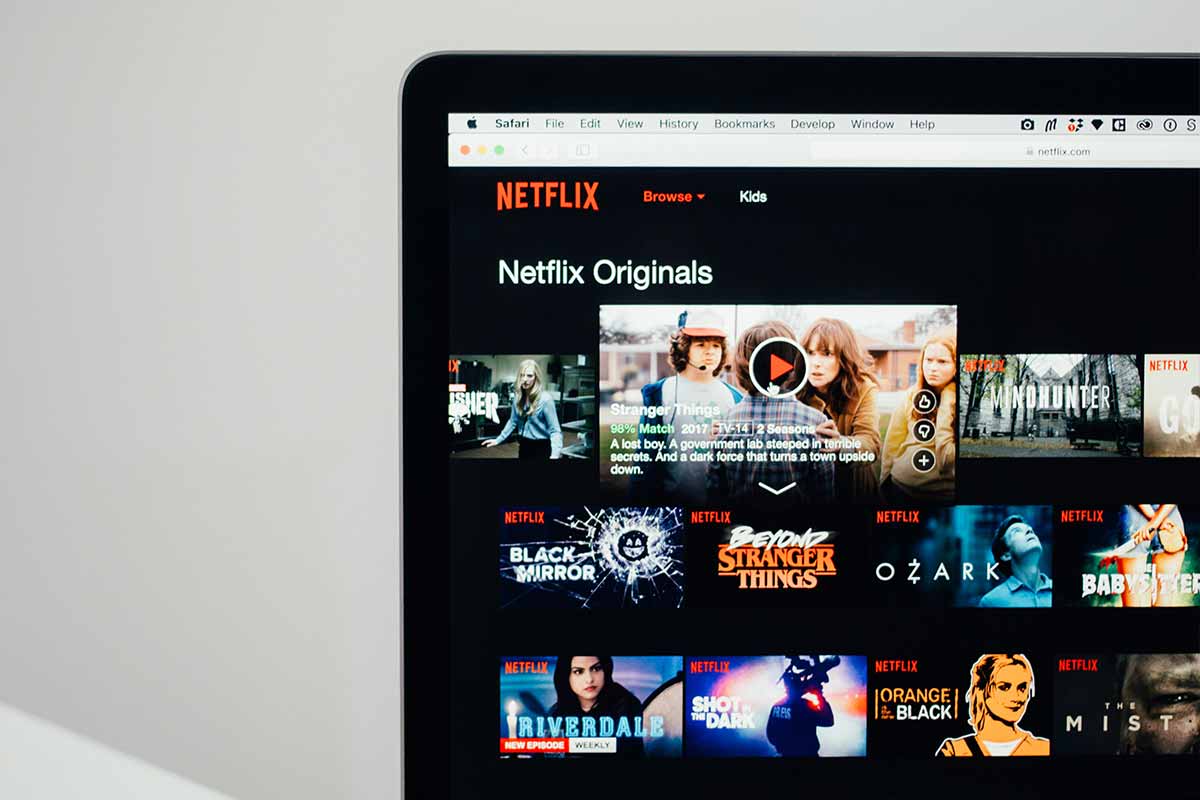How to Improve Data Speeds While Traveling

Why does cellular data speed change when I travel?
There are many reasons why your cellular internet data speeds change as you move around. If you have an RV and live a mobile lifestyle, you have probably noticed your data speeds change constantly. When speeds become very slow or even unusable, there are usually a few main reasons why. Fortunately, it is usually an easy fix to improve data speeds!
Pick the right cellular equipment for your needs
Not all cellular equipment is created equal. In another article we go into greater detail about the differences between a cellular router and a cellular hotspot. The important thing to remember is the more powerful the device, the more powerful the signal. This does not mean that you will always have excellent signal. It means that you will always have the best signal available to you at any given time. The right equipment is imperative for someone traveling remotely that wants to always stay connected. At Expedition Communications we provide an enterprise-grade cellular router with a rooftop external antenna. We can’t eliminate the headaches, but we sure can lower the number of them.

Check your coverage map
All major cellular networks provide coverage maps showing coverage area, and sometimes also signal strength. Simply pull up the map of your carrier and search your address. If you are in a colored area, you should have a connection! Of course, coverage maps are not 100% accurate. Even though the map says you should have a cellular data connection, you may not have one. Generally, the coverage maps are more reliable in areas with lots of coverage and least reliable towards the edges of the network. The closer you are to a strong connection, the more your data speed will improve.


The Verizon cellular network 
When planning a destination, you should always check the coverage map. Is the next location outside of cellular range? Your options are to either update your route to stick within the coverage area, or to accept that internet access will be very limited or nonexistent at your next stop. The important thing is to always plan ahead so you are not caught off guard by low cellular data speeds!
Avoid congested cell towers
Each cellular tower has a certain amount of throughput it can provide. Depending on the number of people connected to that tower and the amount of data that those people are consuming, cellular data speeds may be high or low for each user. This is especially true during events. Festivals, concerts, football games, and other similar occasions bring many people to an area that does not have the cellular infrastructure to provide adequate data speeds for everyone trying to connect. If you travel to a large RV rally in a small town, this your cellular signal will likely be weak even if you are in excellent cellular range. Unfortunately, not much can be done to bypass tower congestion caused by an event besides traveling to a different tower.
Daily tower congestion can also be an issue in some areas. For areas that experience speed fluctuations daily, heavy use during the evenings will cause lower speeds while better speeds will be available during the morning and night. Of course, the easy fix for cellular tower congestion is to go to a different tower. Use a tool such as this cell tower mapper to find other towers around your area and move closer to them.
Manage your connected devices
From our Chesapeake, Virginia office our tech support team helps many rural homeowners and RV travelers improve their cellular data speeds. One of the most common issues they find is an unmanaged number of devices constantly using data.

When a few devices are attached to a router, there are no problems. Some of the devices will update in the background, and the main devices (cell phones, laptops, and the like) will not suffer from low data speeds. Over time, that number of connected devices can creep higher and higher. Eventually, you may have dozens of devices working in the background without even realizing it! All this data use will lower the cellular data speeds available for your other devices, making it seem like your speeds are much worse than they actually are.
To fix this, simply use your network management tool to discover which devices are connected and disconnect any that are not necessary. For some of our customers with many devices connected, speeds nearly doubled after implementing this fix!
Disconnect your unused devices
Disconnecting unused devices is also a great way of maximizing data speeds when in an area with slow cellular data speeds. If you are just trying to stream Netflix and can’t get it to work, removing all other devices from the network could free up enough bandwidth to allow you to stream without having to move closer to a cell tower.
Managing your devices will also help if you are having problems managing data usage. By unpairing devices that constantly consume data in the background, data can be saved for your primary uses. Depending on your router and service provider, you may be able to check your connected devices. Expedition Communications Cellular provides equipment and support that allows our customers to manage their devices. We also have an article on the best ways to manage your cellular data usage.
To sum it up
Everything you learned about internet while in a house with a fiber connection? Throw it out the window. The cellular landscape is an entirely different beast, and improving data speeds will depend on your knowledge of all of the different factors that can affect your data speed. Knowledge is power, and if you can commit these tips to memory while you travel, you will have less slow speeds- and less headaches- while out on the road!


